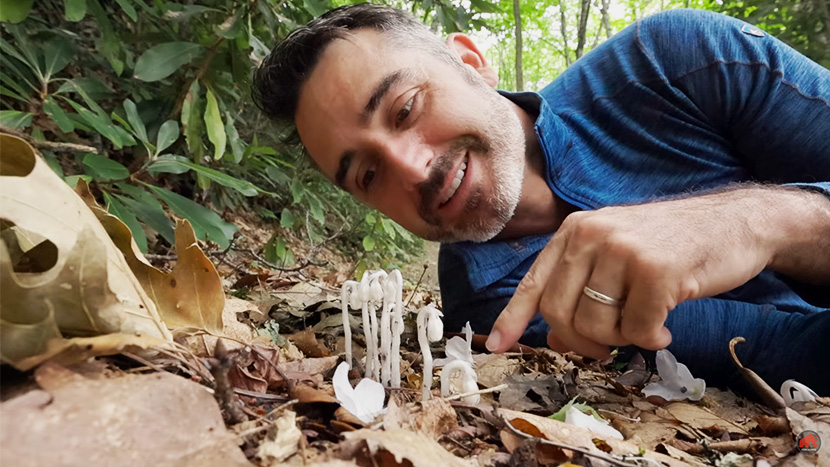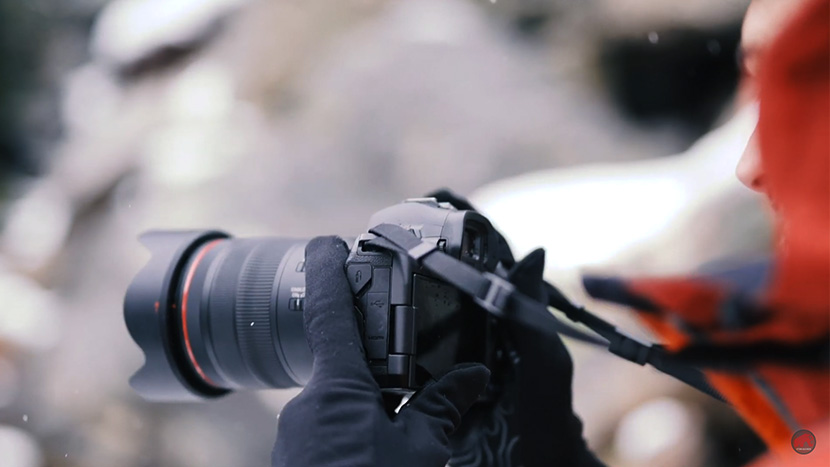How to Become a Filmmaker and Science Communicator – with Rob Nelson
If you love science – and you especially love sharing stories about science – then maybe you could be a science communicator! Science communicators are people who use different mediums to teach about science, research, and the natural world. In the modern world, one of the most prevalent mediums is through film. So how do you become a science filmmaker?
Rob Nelson, filmmaker and science communicator of over 20 years chatted with this aspiring science communicator about how to do just that:
Rob Starting a Filmmaking Career
Like many other science communicators, Rob started as a biologist but soon discovered that what he loved more than doing the research itself, was teaching others about that research.
Ever since he was young he loved filming his passion for aquariums and fish, and this carried into his science degree. During his masters in Hawaii, he would naturally bring his camera along so that he could film himself in the field in order to give more dynamic presentations about his work. He quickly found out that people loved when he shared information this way, and some even asked him to help them film shorts for their own presentations. At that point, Rob recognized that there was a need for people to tell these amazing science stories in a more interesting way.
Rob did pursue another masters in science filmmaking, though he says it is not the road for everyone (Watch: should you go to film school?), and years later he has done everything from founding a filmmaking business, running a podcast, creating educational websites, hosting various TV shows, and of course his current YouTube Channel. Rob’s main advice is to just get started and not “overthink it” but read on for some more specific ideas!
What Kind of Volunteering Can You Do to Get Started as A Filmmaker?
Volunteering and internships are a great way to get your foot in the door when trying to become a science communicator. Though there are many ways to go about this, your focus should be on 1) talking to people as much as possible in educational roles and 2) practice, practice, practice.
Here are some ideas for ways to volunteer (or practice your skills) in order to break into science communicating:
- Do guided educational tours! Whether in a museum, zoo, park, etc. this will help you become a better educator. As you guide, you will learn to talk to people, see where people are at in their learning journey, and improve your verbal communication skills. Learning to be a good educator is really important!
- Volunteer at wildlife film festivals! This way you can network and meet a lot of great contacts in the industry. You will also see a lot of great films that can inspire your own early work.
- Volunteer to tell stories for scientists and other organizations. This is a great hands-on way to practice, and once you get good, people will start finding funding for you!
- Start making your own short films, even if just on your smartphone. Practice makes perfect!
- Blogging and posting mini blogs on social media can also help you get better at writing.
Important Tips and Takeaways
Overall, it can be a long road to fulfilling your dream of becoming a science communicator and/or science filmmaker. However, the main thing you need to do is to just get started! Here are some of the main takeaways from the interview:
Just Go For It!
This might be the most important thing: Just start. And it doesn’t matter how. Don’t overthink it and be ready for your first few videos to be pretty bad – that’s okay! Your first video doesn’t have to be a huge masterpiece! Instead start with some social media shorts and practice until you start to figure out how to make it work!
What Story Will You Tell?
You should find your niche for videos, and stay away from stuff that is overdone! Figure out something that hasn’t been done well, and be the first to tell that story. Also, don’t forget to find a story that you are interested in telling. Ask yourself, what needs to be told and how can I do that better than other people?
For example, Rob collaborated on this “untold” story about how bark beetles were taking over trees in Europe=. This film ended up having a big impact!
Be Ready to be Flexible
Things are changing all the time and you have to adapt with the times. Though you might prefer long-form videos, you might have to make shorts sometimes too, all while feeling out what works for your intended audience. Try to sniff out what is going to be new and popular and get started in that area!
It Isn’t All Fun and Games
It is also important to understand that if you are not part of a big production team you’ll be doing a bit of everything – which means a lot of your time is spent figuring out how to tell the story, editing, and doing background research and writing. You might spend 10% of your time out in the field doing the filming and the rest of the time putting the story together. With that being said, even though you have to work behind a computer quite a lot, you should make time for yourself and your hobbies!
In Conclusion
Getting started in science communication and filmmaking is really about just taking the leap! If you are new, don’t be worried about making a few bad videos to start. This trade takes a lot of practice and time to figure it all out. There are many ways to start breaking into the industry but your main focus should be talking to people (a lot), networking, and practicing as much as you can. In short “don’t overthink it!”
Also, if you want a little technical help: check out all our filmmaking tips youtube channel


































































































